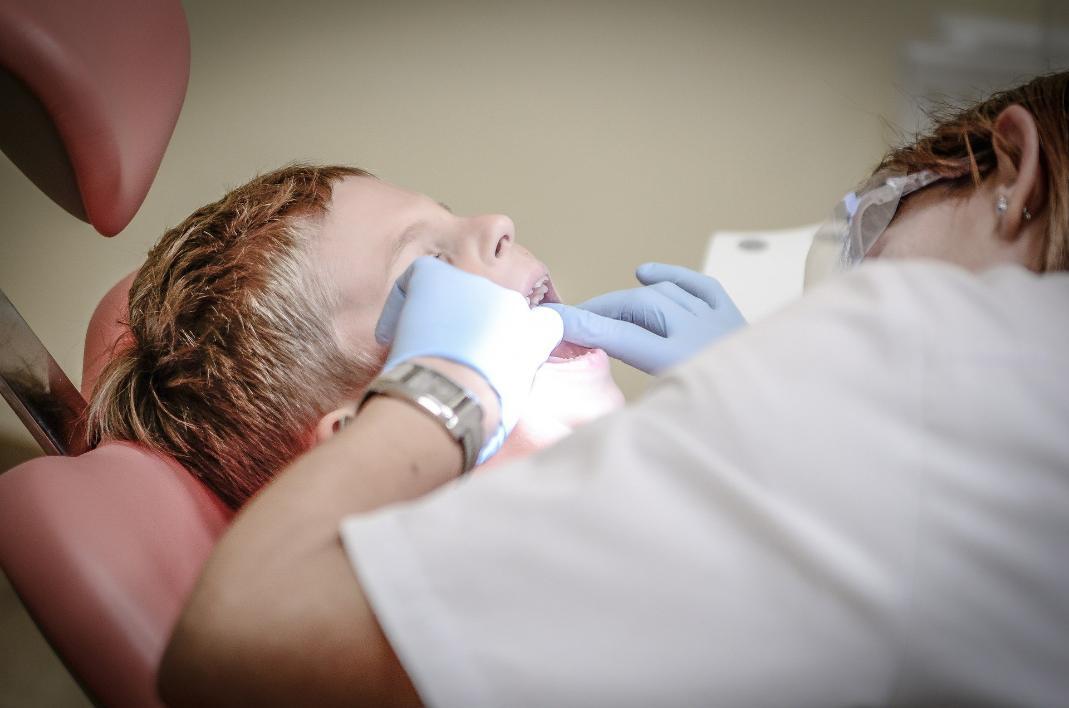- CIRTL Homepage
- Meet our Team
- Resources
- Short Guides
- Short Guide 1: Starting Well
- Short Guide 2: Scaffolding Learning
- Short Guide 3: Icebreakers
- Short Guide 5: Discussions for Online Learning
- Short Guide 4: Visualising Thinking
- Short Guide 6: Universal Design for Learning
- Short Guide 7: Group Work
- Short Guide 8: Reimagining Practicals
- Short Guide 9: Assessment in the Age of AI
- Universal Design for Learning
- CIRTL Series
- Sustainable Development Goals Toolkit
- Learning Design Workshops
- Connected Curriculum
- Group Work
- Civic Engagement Toolkit
- Learning Outcomes
- DigiEd Reading List
- Ethical Use of GenAI Toolkit
- Short Guides
- Professional Development
- Research your Teaching
- Projects
- Events
- Office of the Vice President for Learning & Teaching
Oral Healthcare for Young Children
Oral Healthcare for Young Children

Explore this page
Project Lead
Dr Siobhán Lucey, Cork University Dental School and Hospital
Project Team Members
Dr Briony Supple, CIRTL
Dr Frank Burke, Cork University Dental School and Hospital
Dr Michael Cronin, School of Mathematics
Dr Jennie Foley (RIP), Edinburgh Dental Institute
The Teaching Challenge
Good oral health is important for our children’s general health and wellbeing. Unfortunately, dental decay still affects over one in three young children by five years of age in Ireland. As future oral healthcare professionals, it is essential that our dental students graduate with the relevant knowledge, skills and attributes to provide safe and effective care for their child patients.
In 2019, a National Oral Health Policy, ‘Smile Agus Sláinte’, was published. Children aged five years and younger have been prioritised for implementation of the policy objectives and this has spurred the paediatric dental team at University College Cork (UCC) to enhance learning and teaching opportunities related to this age cohort.
The initial plan to pilot a student-led dental clinic for young children in a disadvantaged area of Cork city has been temporarily postponed due to the COVID-19 global pandemic. An alternative project was devised which recognised the greater reliance on virtual learning environments brought about by the pandemic.
This work represents a collaboration between the dental teaching team and final year dental students. Whilst COVID-19 precluded engagement with children, their families and community-based healthcare practitioners, the outcomes will be used to inspire, inform and enhance future community-based research initiatives.
The Project
The aim of this study was to evaluate the impact of a learning and teaching package related to oral healthcare for young children aged 0-5 years performed within a BLE. The objectives were to measure and compare self-assessed dental student confidence levels before and after teaching. Ethical approval was granted by the University Social Research Ethics Committee.
The BLE encompassed both virtual and clinical learning spaces. The learning experience was constructed using the principles of Universal Design for Learning (https://udlguidelines.cast.org/) and included multiple forms of engagement (case scenarios with questions), representation (lecture content on slide decks, videos, images, evidence-based guidelines and website content) and action and expression (simulated clinical skills, peer discussion facilitated by teachers).
All final year dental students (N=51) in the academic year 2020-2021 were invited to participate in a questionnaire-based online pre-post study consisting of thirty-two questions. Participants rated their confidence to perform activities on a 6-point scale from 0-5, with 0 labelled as ‘not at all confident’ and 5 labelled as ‘fully confident’, before and after the learning and teaching activities. Responses were matched using unique identification codes created by participants. Statistical analyses of confidence scores were completed using SAS (Version 9.4).
The Impact
The response rates for the pre- and post-study questionnaires were 41% and 29% respectively. After teaching, there was a significant increase in mean confidence scores (MCS; p<0.05) for use of the knee-to-knee examination technique, radiographic interpretation, provision of weaning and teething advice, antibiotic prescription, referral for treatment under general anaesthesia and overall confidence to provide oral healthcare for a child aged 0-5 years. Further work is required to confirm or refute these findings with future cohorts of students, to investigate the sustainability of increased confidence levels over time, and to explore the impact, if any, on development of competence.
This research was presented at the Association for Dental Education in Europe online annual meeting. Dissemination has been achieved via oral presentation at a live conference session, in addition to publication of a digital poster as part of the conference proceedings.
The project is well aligned with Pillars One, Two and Three of ‘UCC 2022: Delivering a Connected University’, as it speaks to the ethos of connected educational experiences, innovation within programme offerings and research-informed teaching enquiry related to digital education. Furthermore, it is anticipated that this work will directly contribute to planned community-based participatory research initiatives, with students as co-creators of their university journey through curriculum design.
The impact of this work is multi-faceted; firstly, for the participants, teaching within a BLE appears to have contributed to an increase in self-assessed confidence to provide some aspects of oral healthcare for young children. A suite of learning activities has been developed, which will be improved, adapted and re-purposed for future use. Looking to the future, the information gained through this scholarly activity will be used to inform a new curricular offering in UCC, namely participation in a student-led dental clinic for young children in a primary care, community-based setting.
For more information
Link to poster published in conference proceedings of the Association for Dental Education in Europe online annual meeting 2021: https://api.ltb.io/show/BKZHU
IRIS profile: http://research.ucc.ie/profiles/C505/siobhan.lucey@ucc.ie
Twitter @lucey_siobhan
Contact: siobhan.lucey@ucc.ie
Media
Clinical Learning Space in Cork University Dental School and Hospital
Lucey-500x500.jpg)
